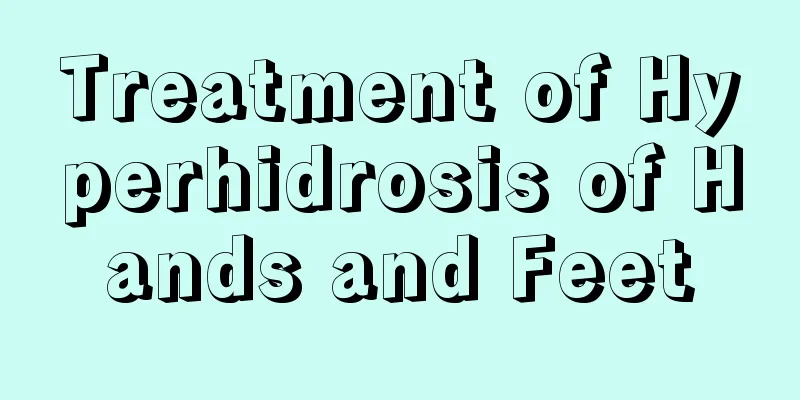Wisdom teeth hurt when they get angry

|
In daily life, many people have experienced the growth of wisdom teeth. The growth cycle of wisdom teeth is very long, and wisdom teeth can cause pain. Some people even experience wisdom tooth pain as soon as they get angry, which has a great impact on people's daily life. However, the best way to relieve wisdom tooth pain is to remove the wisdom teeth. What is going on with this kind of wisdom tooth pain as soon as you get angry? Why does wisdom tooth hurt when it gets angry? The crowns of many impacted teeth are partially exposed outside the gums and partially covered by the gums. A narrow and deep blind pocket is formed between the gums and the tooth, which easily accumulates food debris and bacteria, and is difficult to clean with normal brushing and rinsing. In addition, the crown gums are easily damaged by chewing food, forming ulcers and other symptoms. When the body's resistance decreases and the activity of bacteria and viruses increases, it can cause inflammation of the tissues around the tooth crown. This is why people say that it hurts when they get angry. Therefore, the toothache of many people is not caused by the pain of wisdom teeth breaking through the gum tissue when they erupt, but by the pain caused by inadequate cleaning, reduced immunity, and secondary inflammation of the gum tissue. For impacted teeth that frequently cause trouble, dentists will strongly recommend extraction. However, during the acute inflammatory period, anti-inflammatory treatment is required first (usually oral metronidazole, erythromycin, etc.), and wisdom teeth can only be removed after the infection is controlled. Before extracting wisdom teeth, a local X-ray is needed to observe the condition of the wisdom tooth roots and their relationship with surrounding tissues. Afterwards, X-rays may be required in some cases to ensure complete removal and no debris remains. Many friends say that it is so expensive to extract a tooth! The fact is, extracting wisdom teeth is a relatively risky and tedious task. Because wisdom teeth are located at the back and are close to the blood vessels and nerves of the alveolar bone, extracting wisdom teeth requires rich experience and sufficient patience. Many times, it takes one or two hours to remove a wisdom tooth. The origin of wisdom teeth Wisdom teeth, scientifically known as third molars, usually grow out at the age of 16 or later, so they are also called wisdom teeth and establishment teeth. They are the teeth closest to the throat in the mouth. If all grow out, there are a total of 4 teeth, two in the upper and lower jaws. As humans evolve, the demand for crude fiber foods and raw meat foods decreases, and the need for this third molar also decreases accordingly. As a result, many people do not have enough space in their mouths to grow wisdom teeth, and the wisdom teeth that do grow are crooked or not fully erupted (the professional term is "impacted teeth"). |
<<: Wisdom tooth extraction recovery process
>>: How many days will it hurt after having wisdom teeth removed
Recommend
Conservative treatment for advanced colon cancer
Colon cancer is a disease that we are exposed to ...
What are the treatments for lung cancer? The 4 best treatments for lung cancer
If you have early lung cancer, timely treatment, ...
Can intestinal polyps turn into cancer? Which intestinal diseases are likely to cause intestinal cancer?
Intestinal cancer is another name for colorectal ...
How to treat gastric cancer involving the heart gate and how to care before and after surgery
How to treat gastric cancer involving the heart g...
Potato varieties
We all know that there are many varieties of pota...
Is it harmful to wash your hair with cold water?
Most young people like to wash their hair with co...
Where is the nasal vestibule located?
The nasal vestibule is located in the nose and is...
What's wrong with the yellow knot on the baby's scalp
Yellow scabs appear on the baby's scalp. Gene...
What is the treatment for teratoma
Ovarian teratoma is a tumor that grows in the ova...
Under what circumstances is it good to take probiotics?
We all know that babies are prone to infection wi...
What should I do if I have bone cancer
What should I do if I have bone cancer? In fact, ...
How to eat fresh bergamot
With the development of transportation and refrig...
Myasthenia treatment
When it comes to myasthenia gravis, I believe man...
What should osteosarcoma pay attention to in diet
Some osteosarcoma patients do not know how to avo...
What is the treatment for WAS syndrome
WAS syndrome is still a very rare disease with a ...









